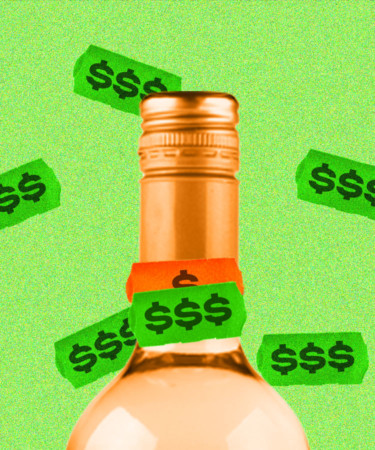Apparently, the satisfaction delivered by a fine Champagne or Bordeaux requires only a sleight of hand, as opposed to a handful of cash.
A recently published study conducted at Switzerland’s University of Basel found evidence that cheap wine becomes more enjoyable when tasters are told it is more expensive.
The university’s psychology department hosted a wine tasting session that drew 140 participants throughout the day. Participants were given six glasses of wine, and were told to taste each glass in a specific sequence (this sequence was randomized for each participant).
While all six glasses held different wines, three of the glasses were unlabelled, and the other three had retail tags with low, medium, and high prices that participants could see. In every round, one or two of these tagged wines were labelled with a false price — this price was either four times higher or lower than the true cost of the wine.
The researchers found that when the wine price was unlabelled, there was no difference in “pleasantness” ratings. The same was true for expensive wines that were deceptively priced down. However, when the wine was fallaciously up-priced, pleasantness ratings markedly increased.
The authors of the study concluded that “in wine may lay the truth, but its subjective experience may lie in the price.” This suggests that while expensive wine is most likely enjoyable no matter what, its budget-friendly counterpart might not be all that worse. Especially if you think you’re living on the lavish side by drinking it.
In spite of it all, we’ll never deny the gratification specific to drinking a good splurge-worthy wine.
